The rise of DePIN is revolutionizing how we interact with and utilize real-world resources. DePIN utilities offer a unique blend of blockchain technology and physical infrastructure, creating new opportunities across various sectors. This article delves into the inner workings of DePIN and explores its diverse applications, showcasing the potential of this emerging technology.
Table of Contents
How does DePIN work?
Decentralized Physical Infrastructure Networks (DePINs) leverage blockchain technology and cryptocurrency incentives to empower individuals worldwide to collaboratively build and manage physical networks, breaking free from the control of centralized entities.
4 core elements are essential for the sustainable development and maintenance of DePIN:
- Physical Infrastructure Network: This encompasses the tangible components of the network, ranging from sensors and internet routers to solar panels.
- Off-chain Computing Infrastructure: DePINs rely on computing middleware to bridge the gap between the physical world, its data, and the blockchain, ensuring seamless communication and interoperability.
- Token Incentives: Contributors to DePIN's development are rewarded with cryptocurrency incentives, fostering early network growth and enabling the project to generate revenue as it matures.
- End Users: Once the DePIN is established, users who wish to access its resources and services will pay fees, contributing to the network's ongoing sustainability and further development.
Application DePIN’s utilities
DePIN is revolutionizing various industries by leveraging blockchain technology to incentivize individuals to share resources in exchange for cryptocurrency rewards.
Wireless Networks
DePIN is fostering the development of decentralized tethering platforms that connect IoT and mobile devices. By rewarding users who share their connection resources, DePIN aims to create more accessible and reliable wireless networks.
Example: Helium empowers users to transform their devices into wireless hotspots, earning HNT token rewards while contributing to a future where devices seamlessly connect, regardless of location.
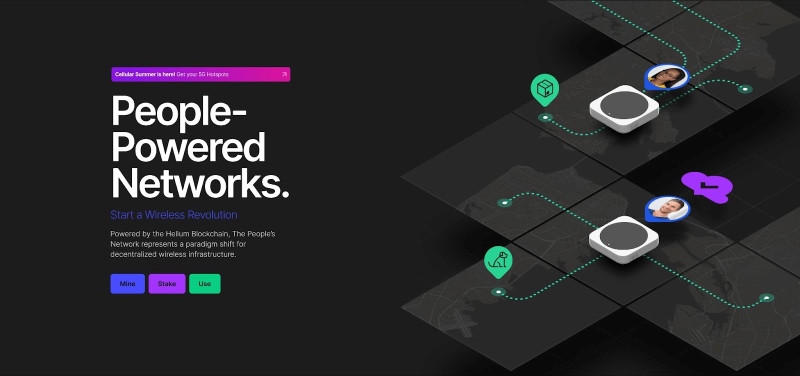
Geospatial
DePIN projects in the location services sector utilize sensors and local collaborators to collect precise location data. This data is used to create accurate maps and provide mapping services, while contributors are rewarded with cryptocurrency.
Example: Onocoy - a network building a community-driven network of GNSS reference stations that leverages Web3 technology. This network aims to provide highly accurate, real-time positioning data (RTK) for a wide range of applications, including drones, micro-mobility devices, robotic lawnmowers, and autonomous vehicles.
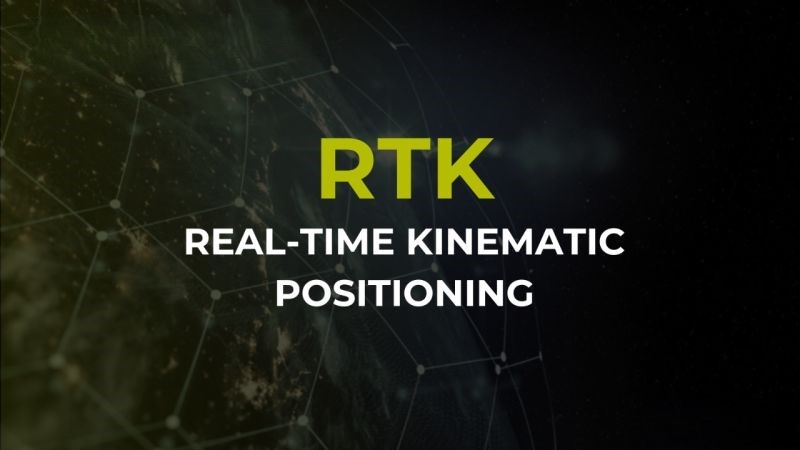
Healthcare
DePIN is being integrated into fitness apps to incentivize users to track their exercise goals. Users can earn rewards by connecting the app to their fitness devices and sharing their health data. Additionally, DePIN projects are facilitating the sharing of medical data with medical companies and organizations to improve diagnosis and treatment.
Example: HealthBlocks network - By connecting devices like wearables and fitness trackers to the HealthBlocks network, users can earn HEALTH tokens by achieving daily health goals. These tokens can then be used to access various health services, including telemedicine consultations and AI-powered personalized advice on sleep and nutrition.
.jpg)
Energy
DePIN projects in the energy sector are promoting the use of green energy. By connecting renewable energy suppliers with businesses that need clean energy, DePIN is helping to create a more sustainable energy ecosystem. Suppliers share data about their energy production capabilities, while businesses can specify their green energy requirements.
Example: Starpower - network leverages IoT, blockchain, and AI to create a global network of connected energy devices like air conditioners, water heaters, and batteries. Similar to Uber aggregating cars, Starpower aggregates these devices, enabling them to earn rewards for participating in applications like virtual power plants. This interconnected network of energy resources enables a range of solutions including demand response, energy efficiency, and data monetization.

Storage Networks
DePIN is enabling the creation of decentralized storage networks that provide users with on-demand storage space. Individuals are incentivized to contribute their storage resources in exchange for cryptocurrency rewards, ensuring the security and efficiency of these networks.
Example: Sia - a decentralized cloud storage platform that uses blockchain technology. It creates a marketplace where users can rent out their unused hard drive space to others. This makes it a cheaper and more reliable option than traditional cloud storage providers. Users can act as renters, paying to store their data, or as hosts, earning money by renting out their storage space. The Sia client acts as a wallet, marketplace, and interface for interacting with the network.
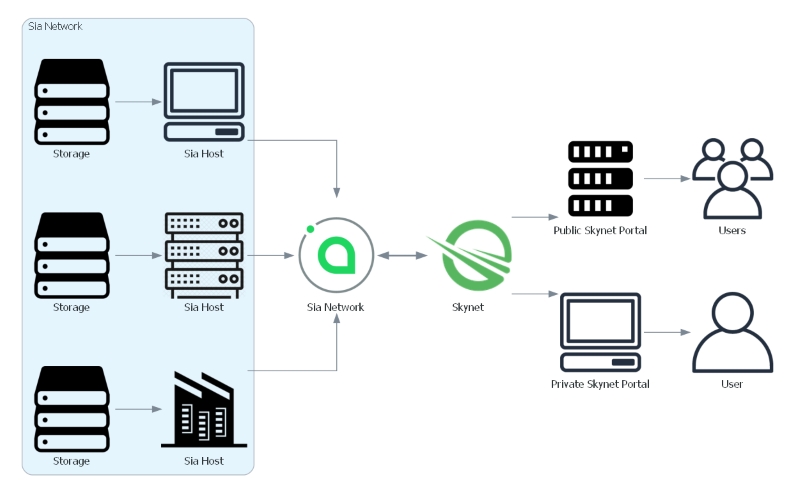
Compute Networks
DePIN is facilitating the development of decentralized computing networks that aggregate private computing resources. Individuals who share their computing power are rewarded with tokens, making computing infrastructure more accessible and affordable for users.
Example: Akash Network is a decentralized marketplace for cloud computing resources, where users can buy or sell computing power in a secure and efficient way. By participating in the Akash Network, you can offer your spare computing resources to earn money or utilize the platform to run your decentralized applications. This gives you access to a wide array of cloud resources at potentially lower costs than traditional centralized providers.
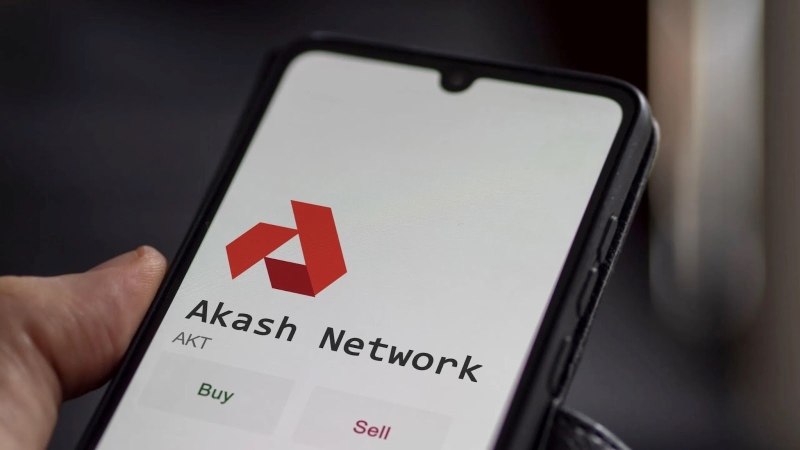
Bandwidth Networks
DePIN is optimizing content delivery by incentivizing individuals to share their bandwidth. This enables streaming projects and video platforms to enhance speed and revenue, while users can pay to access faster and higher-quality video streaming.
Example: U2DPN, a leading project by U2U Network, showcases the power of DePIN (Decentralized Physical Infrastructure Networks) in building secure and private networks. By safeguarding data transmission and allowing users to earn passive income by sharing unused bandwidth, U2DPN demonstrates a commitment to a decentralized, secure, and user-centric future.
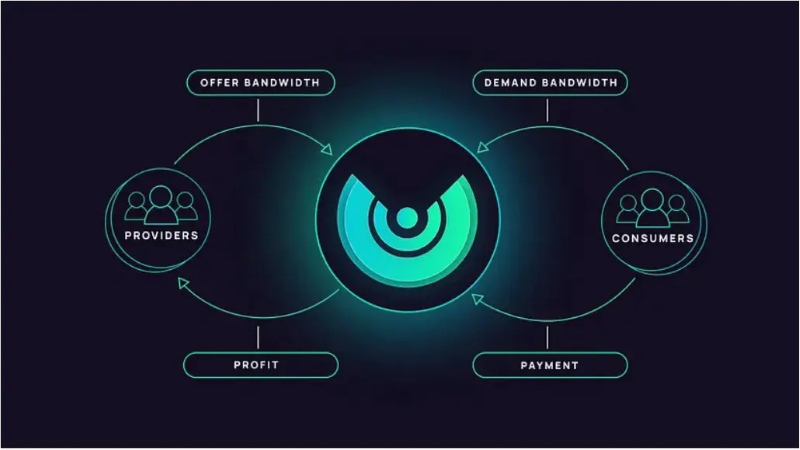
Overall, DePIN is transforming industries by creating decentralized networks that leverage the power of blockchain technology and cryptocurrency incentives. This approach promotes resource sharing, fosters innovation, and creates new economic opportunities for individuals and businesses alike.
DePIN represents a paradigm shift in how we build and utilize infrastructure. By promoting resource sharing, innovation, and new economic opportunities, DePINs are set to revolutionize multiple industries. To learn more about the innovative U2DPN project and how U2U Network is leading the charge in building secure, private, and user-centric networks, visit explore our website U2U Network.


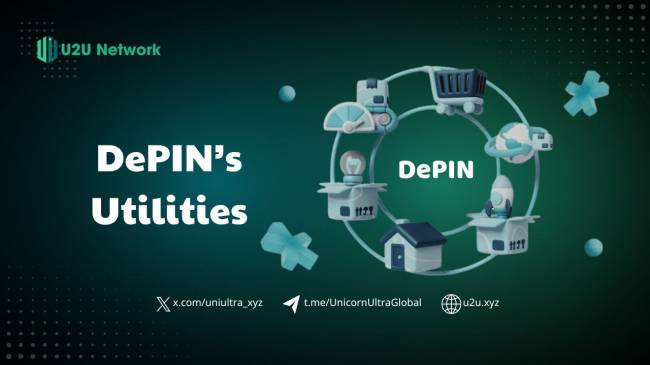
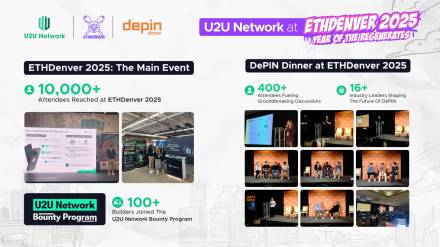
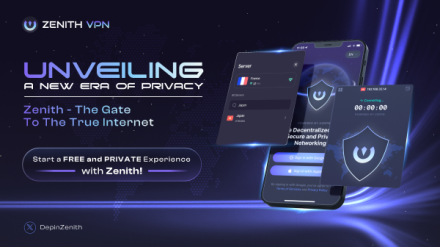
.png)
